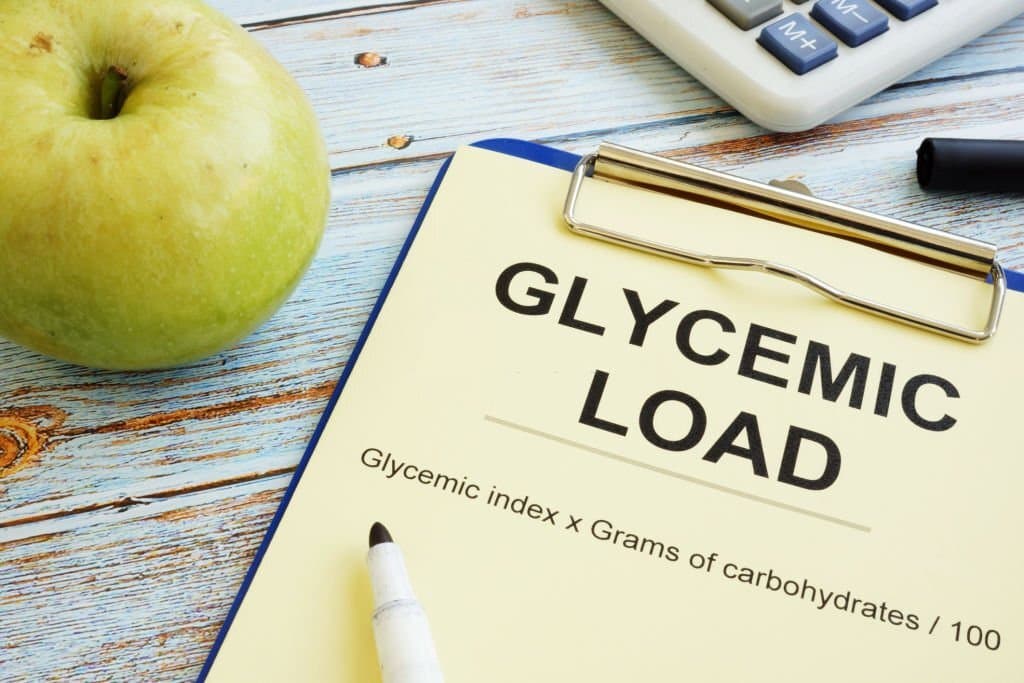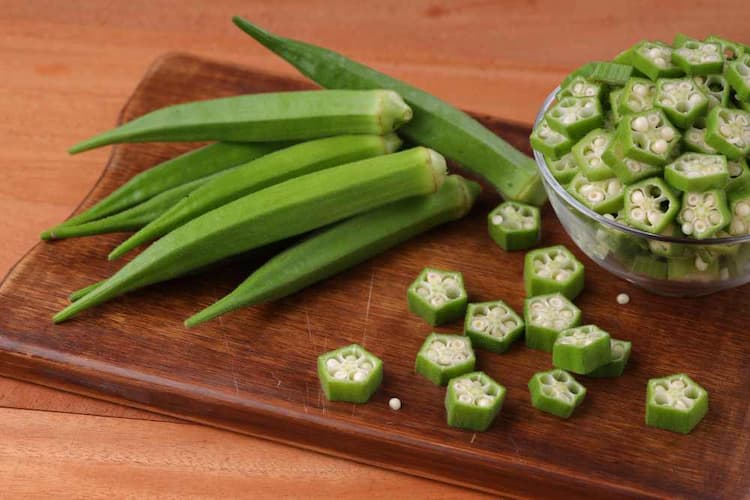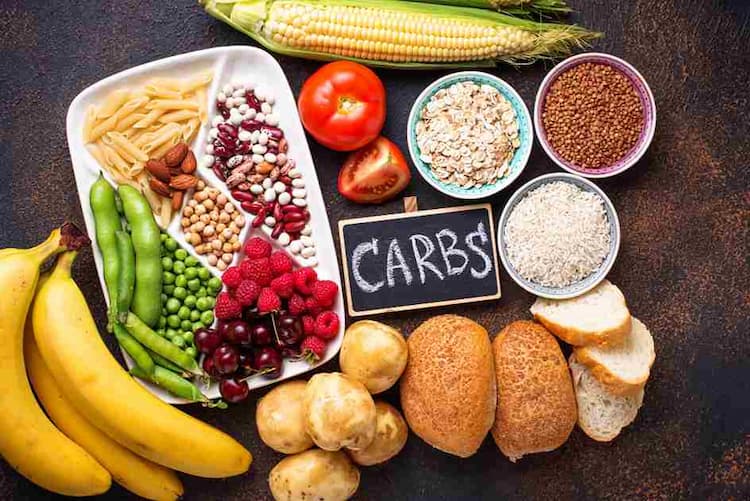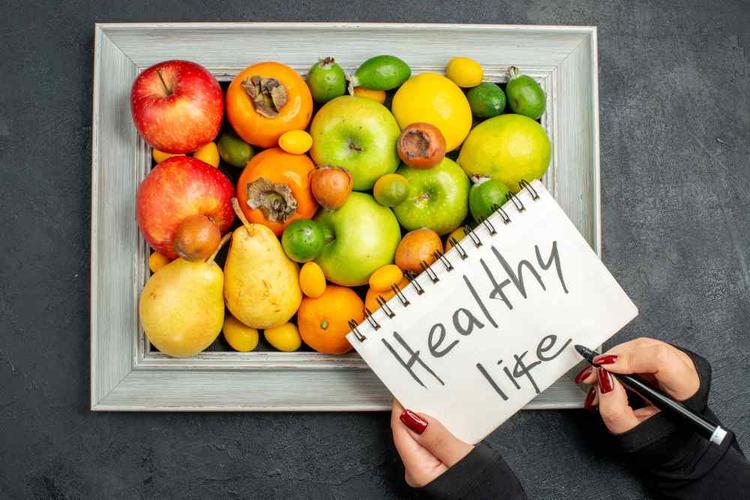Glycemic Index Food Chart

Medically Reviewed By
Dr. Ragiinii Sharma
Written By Prekshi Garg
on Feb 15, 2022
Last Edit Made By Prekshi Garg
on Mar 18, 2024

With the increasing cases of diabetes in recent times, the carbohydrate content present in food has become one of the most important parameters for consideration. This content is measured experimentally and presented in the form of a glycemic index. Glycemic index (GI) refers to the ranking given to different food items on the basis of their carbohydrate content or the pace at which they raise the level of sugar in the blood. In this article, you can peek into the glycemic index of different commonly consumed Indian food items that will help you decide on an appropriate diet for yourself.
Maintaining a healthy diet is a preventive measure we take for a healthy body. Why don't we pay the same importance to regular testing? If you are diagnosed with diabetes or are at risk of diabetes, look out for the signs of high blood glucose like frequent urination, fatigue, blurred vision, etc. Get a complete blood glucose analysis to regulate the levels as needed.
In this Article
Glycemic Index Classification
Based on the carbohydrate content present in different food, there are three categories of the glycemic index. The glycemic index is calculated as per the international standards. According to the international standards, 50 grams of digestible carbohydrate is given to 10 or more people and the blood glucose level is measured after 2 hours to determine the effect of food on the blood glucose level. The glycemic index can be of three types:
-
High Glycemic Index: When the GI of food ranges from 100 - 70, then it is considered as a high glycemic index food. Since these food items increase the sugar level, they are not considered good for a diabetic patient.
-
Moderate Glycemic Index: When the GI of food ranges from 69 - 56, then it is considered as a moderate glycemic index food.
-
Low Glycemic Index: When the GI of food ranges from 55 - 0, then it is considered as a low glycemic index food. Since these food items do not increase the blood sugar level, they must be included in your diet if you are a diabetic patient.
https://www.youtube.com/watch?v=nS9x6_kibe8
Indian Foods with Low Glycemic Index:
The Indian food items which are calculated to have a low glycemic index, that is, less than 55 are listed below:
|
S.No. |
Food Group |
Food |
Glycemic Index |
|
1. |
Cereals |
Barley |
28 |
|
2. |
Oatmeal |
55 | |
|
3. |
Bran |
55 | |
|
4. |
Quinoa |
53 | |
|
5. |
Corn |
52 | |
|
6. |
Peanuts |
13 | |
|
7. |
Spaghetti |
46 | |
|
8. |
Poha |
Low | |
|
9. |
Whole wheat |
54 | |
|
10. |
Daliya |
55 | |
|
11. |
Pulses |
Green gram |
38 |
|
12. |
Black-eye peas (Lobia) |
33 | |
|
13. |
Chickpea (Chole) |
28 | |
|
14. |
Soybean |
15 | |
|
15. |
Kidney bean (Rajma) |
29 | |
|
16. |
Vegetables |
Ladyfinger |
20 |
|
17. |
Green beans |
32 | |
|
18. |
Onion |
10 | |
|
19. |
Cabbage |
0 - 10 | |
|
20. |
Green peas |
22 | |
|
21. |
Radish |
8 | |
|
22. |
Brinjal |
15 | |
|
23. |
Cauliflower |
10 | |
|
24. |
Cucumber |
15 | |
|
25. |
Carrot |
16 | |
|
26. |
Broccoli |
10 | |
|
27. |
Peppers |
15 | |
|
28. |
Tomato |
< 15 | |
|
29. |
Fruits |
Apricots |
34 |
|
30. |
Apple |
36 | |
|
31. |
Oranges |
43 | |
|
32. |
Dates |
42 | |
|
33. |
Strawberry |
49 | |
|
34. |
Grapefruit |
25 | |
|
35. |
Peaches |
42 | |
|
36. |
Kiwi |
39 | |
|
37. |
Prunes |
29 | |
|
38. |
Plum |
40 | |
|
39. |
Pears |
30 | |
|
40. |
Berries |
< 40 | |
|
41. |
Pomegranate |
18 | |
|
42. |
Guava |
12 (approx.) | |
|
43. |
Banana |
51 | |
|
44. |
Figs |
51 | |
|
45. |
Mango |
51 | |
|
46. |
Dairy products |
Milk |
39 |
|
47. |
Curd |
28 | |
|
48. |
Yoghourt |
41 | |
|
49. |
Paneer |
27 | |
|
50. |
Buttermilk |
20 (approx.) | |
|
51. |
Others |
Cheese |
0 - 10 |
|
52. |
Walnuts |
15 | |
|
53. |
Almonds |
0 | |
|
54. |
Fish |
0 | |
|
55. |
Sunflower or pumpkin seeds |
25 | |
|
56. |
Meat |
0 | |
|
57. |
Eggs |
0 | |
|
58. |
Mutton |
0 | |
|
59. |
Chicken |
0 | |
|
60. |
Beef |
0 | |
|
61. |
Dark Chocolate |
23 | |
|
62. |
Milk chocolate |
42 |
https://www.youtube.com/playlist?list=PLh3RbqInKLSM4jao0TkdeIcWp2cstUWk2
Indian Foods with High Glycemic Index:
The Indian food items which are calculated to have a high glycemic index, that is, greater than 70 are listed below:
|
S.No. |
Food Group |
Food |
Glycemic Index |
|
1. |
Cereals |
White rice |
73 |
|
2. |
Puffed rice |
82 | |
|
3. |
Bread |
75 | |
|
5. |
Instant oats |
83 | |
|
6. |
Jowar |
77 | |
|
7. |
Wheat |
74 | |
|
8. |
Refined flour (Maida) |
71 | |
|
9. |
Vegetables |
White potato |
78 |
|
10. |
Pumpkin |
75 | |
|
11. |
Fruits |
Grapes |
59 |
|
12. |
Watermelon |
76 | |
|
13. |
Muskmelon |
65 | |
|
14. |
Others |
Jaggery |
84.4 |
|
15. |
Cake | ||
|
16. |
Cornflakes |
93 | |
|
17. |
Cookies |
70 (approx.) |
Indian Foods with Moderate Glycemic Index:
The Indian food items which are calculated to have a moderate glycemic index, that is, between 55 - 70, are listed below:
|
S.No. |
Food Group |
Food |
Glycemic Index |
|
1. |
Cereals |
Muesli |
57 |
|
2. |
Rye |
64 | |
|
3. |
Brown rice |
50 | |
|
4. |
Couscous |
65 | |
|
5. |
Basmati rice |
55 | |
|
6. |
Vegetables |
Yam |
54 |
|
7. |
Beetroot |
61 | |
|
8. |
Sweet potato |
70 | |
|
9. |
Fruits |
Papaya |
60 |
|
10. |
Cantaloupe |
65 | |
|
11. |
Pineapple |
59 | |
|
12. |
Raisins |
64 | |
|
13. |
Dairy products |
Ice-cream |
57 |
|
14. |
Others |
Honey |
61 |
|
15. |
Table Sugar |
63 | |
|
16. |
Brown sugar |
64 | |
|
17. |
Noodles |
53 | |
|
18. |
Soft drinks |
65 |
Takeaway
Now, that you know what glycemic index is and how it can affect your health, you can surely have a much healthier diet without the need of any dietician. You will be able to observe a big change in your diabetes by simply replacing high glycemic index food with options that have low glycemic index.
https://youtu.be/kqaO5JP_roE
Frequently Asked Question (FAQ)
-
How can I calculate the glycemic index of packaged food?
The glycemic index of a food is dependent upon the content of carbohydrates present in the food. Therefore, as the total carbohydrate content labeled at the back of the packaged food increases, the glycemic index of the food also increases.
-
What are the benefits of having a diet rich in low glycemic index food?
It is very important to have a diet that is rich in low glycemic index food not only for diabetic patients but for everyone. The major benefits of glycemic index food are;
-
Low GI food controls the blood glucose level by increasing the sensitivity of the body to insulin.
-
Low GI food controls cholesterol level
-
Low GI food controls appetite
-
Low GI food lowers the risk of heart disease
-
Low GI food lowers the risk of type II diabetes
-
How can I include low glycemic index food in my diet?
Certain tips that can help you include more low GI food easily into your diet are:
-
Prefer fresh fruits and vegetables instead of canned fruits and juices.
-
Consume more whole pulses than washed pulses
-
Avoid having refined grains that may include in your diet in the form of white rice, white bread, and low fiber cereals. Instead, you can prefer whole-grain food items like brown bread, chapati, pasta, cereals, and rice.
-
Include fiber-rich vegetables in your diet like green beans, eggplant, carrot, cauliflower, tomato, cucumber, broccoli, and leafy green vegetables instead of having starchy vegetables like yam or potato.
-
Consume nuts like walnuts, almonds, and peanuts.
-
Include flax seeds and sunflower seeds in your diet as well.
-
Low-fat dairy products and non-vegetarian food items like seafood, meat, and eggs also have a low GI and thus should be included in your diet.
-
Avoid consuming processed food, street food, or fast food.
Leave a comment
2 Comments
Shriram Bhalerao
Dec 23, 2023 at 12:04 PM.
Highly diabetic.. Suggest
Myhealth Team
Dec 28, 2023 at 11:24 AM.
Follow prescribed medications, maintain a balanced diet, engage in regular exercise, monitor blood sugar, manage weight, stay hydrated, and have regular check-ups for diabetes management. Consult your healthcare professional for personalized advice.
Dr s jasti
Nov 28, 2023 at 6:15 AM.
Informative and essential for modern or today's life style like stress and mood
Myhealth Team
Nov 29, 2023 at 12:53 PM.
Prioritize mental health in today's lifestyle. Use mindfulness, exercise, and a balanced diet to manage stress and mood. Seek support when needed.



